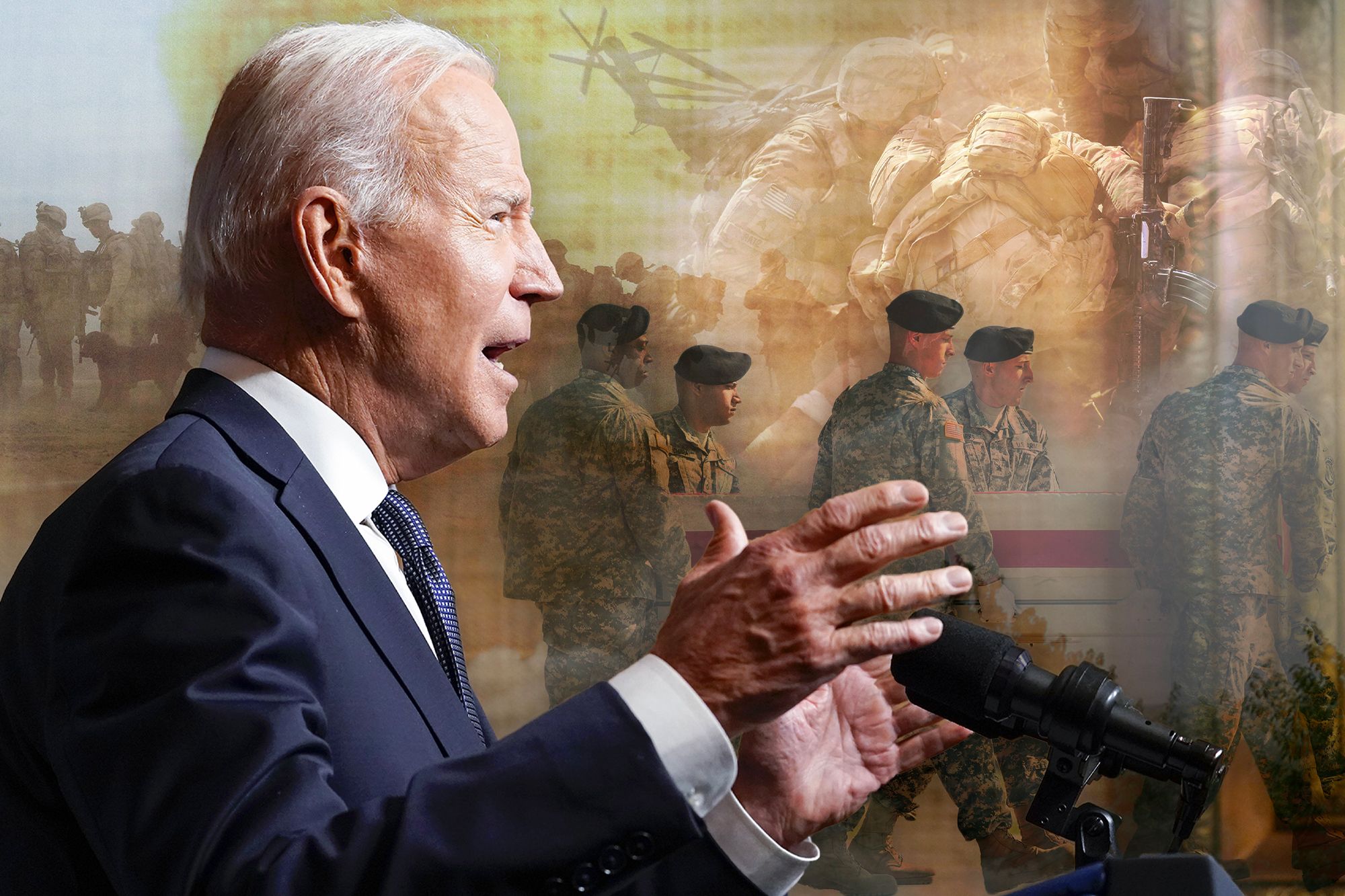
In early February US President Joe Biden made it clear, as part of his first speech on his administration’s foreign policy initiatives, that he aimed to end the war in Yemen. Now, months later, not only has this promise begun to fade away and with it media attention to the issue, but the war has only intensified.
This Thursday, a high-ranking member of Yemen’s Supreme Political Council sent a message to the United Nations Security Council calling for a condemnation of all parties involved in killing Yemeni civilians. So far, however, the issue has shrunk below the radar and seemingly faded into the background amidst the sea of other conflicts caused by the United States government in the region.
Joe Biden made it explicit in his addresses on the issue of Yemen, that the United States sought to end support for Saudi Arabia’s offensive actions against the impoverished Yemeni people. Although, as many analysts pointed out at the time, the lines would quickly become blurred for the US between what constituted offensive and defensive action.
Yemen’s Ansarallah – or the Houthis – were offered last month a deal by Saudi Arabia which would implement a ceasefire if agreed upon. Western media covered the proposal as something of a breakthrough at the time, despite Ansarallah noting that the deal was nothing new and had been presented a multitude of times before.
The deal would have allowed for the illegal blockade on Yemen’s Hodeidah port and International Airport to be lifted, but only if Ansarallah – which currently controls these sites – allowed Saudi-backed forces to essentially rule over them. The blockade on Yemen is perhaps the worst aspect of the 5-year ongoing war, and is the driving force behind the embattled country’s current state of famine, dubbed the ‘world’s largest humanitarian crisis’ by the UN – one entirely by design.
In order to supply the country with oil and to break the back of Saudi Arabia backed forces in Yemen, Ansarallah launched an offensive on the last Saudi-backed northern stronghold in the country, Ma’rib. The forces operating there are headed up by the pro-Saudi President Abdrabbuh Mansour Hadi, who is considered by pro-occupation forces to be the internationally recognized President of Yemen. The offensive from Ansarallah proved successful and despite the Houthis having claimed to be fighting both Daesh and Al-Qaeda, as well as Saudi-backed forces, the media in the West depicted a one-sided story from the pro-Saudi perspective.
The offensive, which could see Yemen’s Ansarallah government gain the ability to help slightly stimulate, to an extent, the shattered Yemeni economy, also resulted in a relatively high death toll estimated between the hundreds to thousands. In retaliation, Saudi warplanes then reportedly bombarded urban areas and military sites in Yemen’s capital Sanaa, which went mostly unnoticed.
As was unfortunately expected of the Biden administration, Saudi Arabia has proved too great an ally for them to bother pressuring the Kingdom. Instead, Saudi Arabia is portrayed – much like Israel – as the eternal victim of “terrorist” rocket, drone and missile attacks, which then permits them to commit “defensive action”.
Even in the case of the recently released Jamal Khashoggi murder report, which pointed fingers directly at Saudi Crown Prince Mohammed Bin Salman, Joe Biden failed to hold the Crown Prince accountable for his role in dismembering the US-based Saudi journalist in Istanbul.
As Joe Biden now claims US forces will be withdrawn from Afghanistan by September 11th, the precedent set with Saudi Arabia may well give us some insight into what will happen to such an announcement. This Afghanistan withdrawal, although a positive move on the surface, violated former President Trump’s deal with the Taliban, stipulating that US forces must be withdrawn by May 1, which Biden has ignored. The Biden administration has also stated that in the case of any Taliban attacks on US forces, as a result of him having broken the deal, the US will respond with all its might. This, as the Taliban have already vowed a response to Biden’s choice to discard the US deal.
What has become clear with the Biden administration, is that there is almost no promise that cannot be broken. In Yemen the war has only escalated, and not a finger has been lifted against Saudi Arabia; as for the Iran Nuclear Deal, the United States government allows Israel to commit acts of war and refuses to abandon its illegal sanctions campaign; and regarding Afghanistan, the justification to maintain the illegal occupation can just as easily be manufactured, and it appears the groundwork has already been laid.
The argument for remaining in Afghanistan is being made throughout the mainstream Western press, either trying to argue that the US should remain on humanitarian grounds – like promoting Afghani feminism – or that the Taliban will completely take over the country. When the Taliban, and likely other extremist groups, attack US forces, the Biden administration will be in a strong position to then remain. An outright announcement from the US government that they are staying, would likely lead to outrage from anti-war activists in the US and also an escalation of attacks from the Taliban. But the strategy of making it seem like Joe Biden wants to end the US’ longest running war will allow him room to maneuver politically – a common tactic by US presidents regarding Afghanistan, similar to the Vietnam war.
So far, for the people of Yemen, who live in abject poverty and suffer from rampant hunger and disease, the situation remains the same for the foreseeable future. The promises to end the war in Yemen have amounted to nothing, the promises to re-enter the Iran Nuclear Deal have not materialized and it would not be a stretch of the imagination to believe that the US withdrawal from Afghanistan will also be a farce.
Related posts:
Views: 0
 RSS Feed
RSS Feed

















 April 17th, 2021
April 17th, 2021  Awake Goy
Awake Goy  Posted in
Posted in  Tags:
Tags: 
















